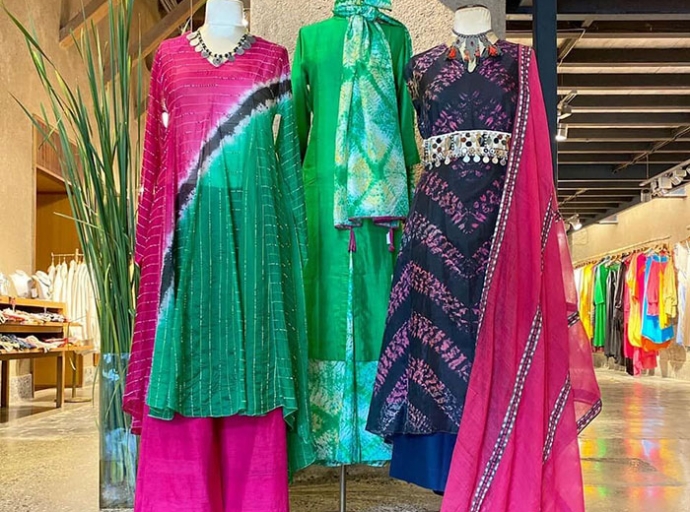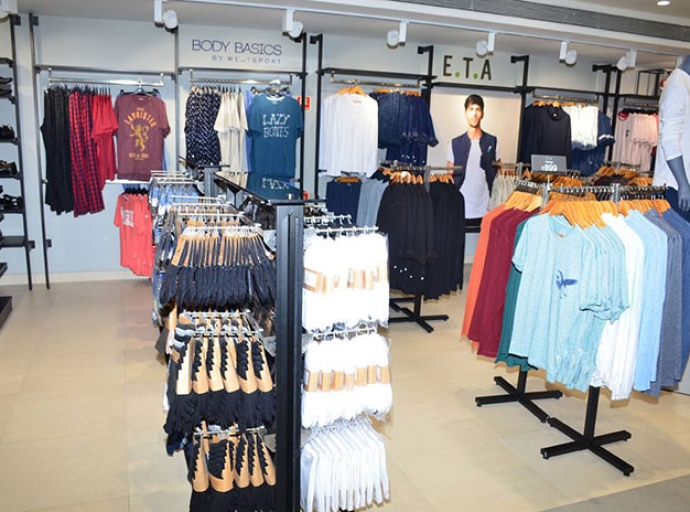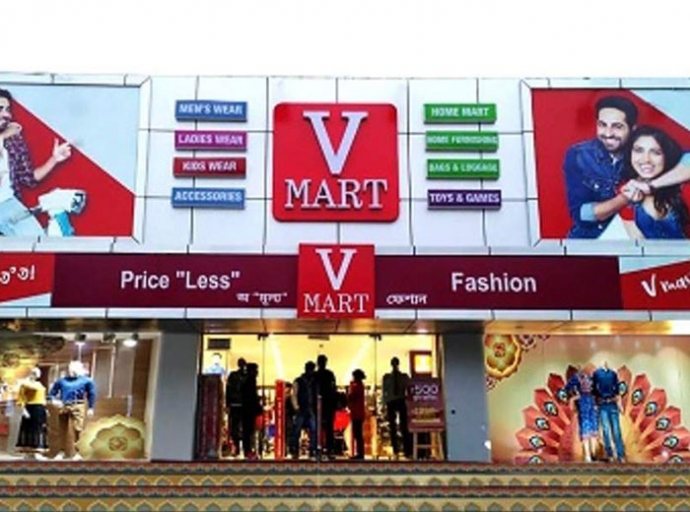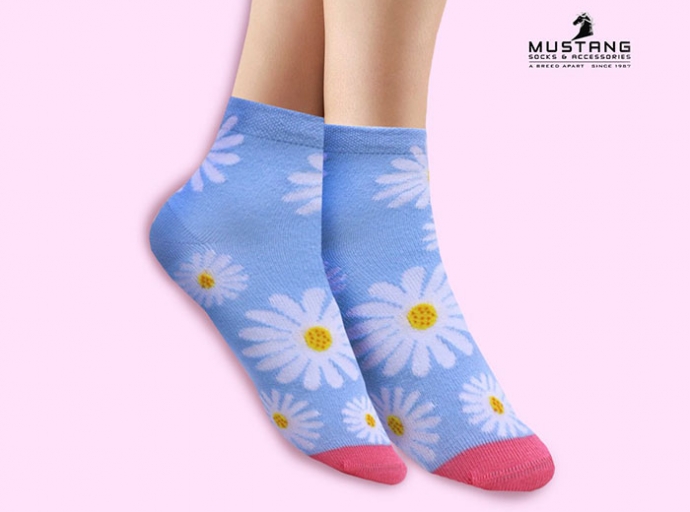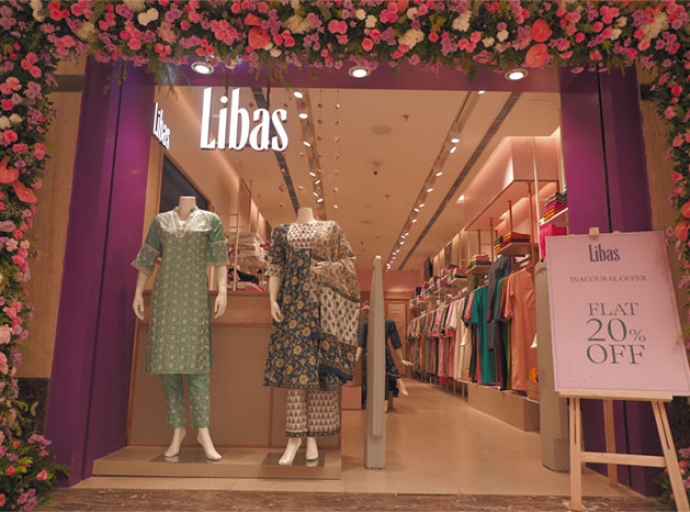03 September 2021, Mumbai:
Indian shoppers struggling to find the correct sizes may be relieved as the National Institute of Fashion Technology (NIFT), New Delhi has undertaken a product to develop a comprehensive body size chart for the Indian population.
To be conducted under the aegis of Ministry of Textiles, the India size survey will create a size identification number for each customer by mapping, categorizing and defining their body size. These sizes will help manufacturers create well-fitted garments for their consumers. They will also help consumers identify the best suited sizes for them and boost their garment purchases. Insights from the study will also be applicable to other industries and help them produce ergonomically designed products for the Indian population, affirms UP Singh, Secretary, Ministry of Textiles, Government of India.
Standardize size chart for the apparel sector
Approved by the Government, the project will survey over 25,000 male and female consumers in the age group of 15 years and 65 years and above in six different cities using 3D whole body scanners.. The cities to be covered include New Delhi, Mumbai, Chennai, Hyderabad, Kolkata and Shillong. The study will not only standardize size chart for the Indian apparel sector but will also help other sectors such as automotive, aerospace, fitness and sport, art, computer gaming produce ergonomically designed products for Indian customers.
As per Shantanu, Director-General, NIFT, the project will also reduce the rate of product returns in the ready-to-wear category from the current 40 per cent, says. It will measure the relevant sample size by studying over 25,000 male and female population across various demographics, adds Professor Noopur Anand PhD, NIFT. The survey will address prevailing size issues and help manufacturers produce better-fitting garments for Indian customers.
3D scanners to help capture accurate body maps
The use of 3D whole body scanners will help manufacturers extract body measurements and capture highly accurate 3D body maps in less than 10 seconds in one posture. The scanner creates a point cloud that enables manufacturers automatically extract body measurements through computer programming. The method eliminates manual measurement and transcription errors, thereby reducing the time frame of the anthropometric surveys, adds Anand.
Designer Namrata Joshipura, believes this is a push in the right direction for both designers and consumers. The size charts and insights generated through these surveys and corresponding analysis will help the garment industry provide well-fitting garments designed as per the body structure of the native population, adds Anand.
For the survey, NIFT will collect data from a diversified sample population and analyze their body shapes and sizes. The project is a timely initiative to study the Indian body type that encompasses numerous races and cultures, adds Anupamaa Dayal, Designer.
To be completed by December 2022, the project will position India on a global platform by creating a standardized body size chart for Indian apparel industry.

Watch YouTube: https://www.youtube.com/channel/UCnQ6v9wBHyOlRPSDgJMsJaA

